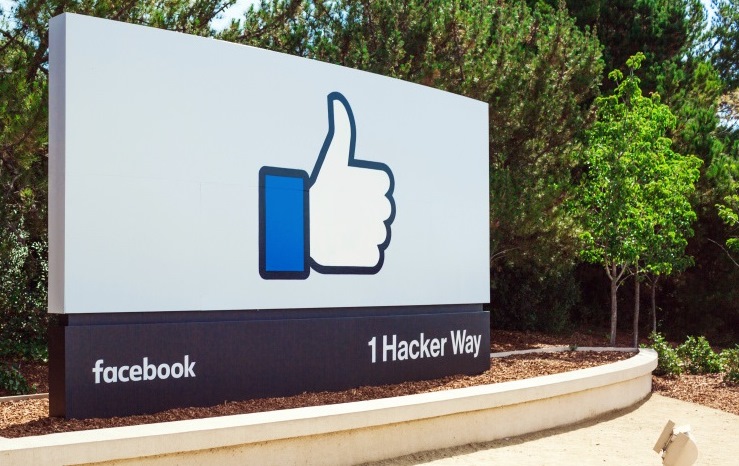The NHS is facing legal action from media platform openDemocracy over its contract with US data analytics firm Palantir.
The case involves Palantir’s involvement in the analysis of public health data and includes allegations that Palantir lobbied a senior NHS official over watermelon cocktails valued at £60.
Details of the relationship between Louis Mosley, Palantir's UK head, and Conservative peer David Prior, the chairman of NHS England, were uncovered in emails revealed to The Bureau of Investigative Journalism under the Freedom of Information Act (FOI).
Palantir's involvement with NHS the began in March 2020, as part of efforts to leverage a “datastore” of health information to predict how best to allocate resources to deal with the pandemic.
openDemocracy criticised of the extension of the short-term contract in December, which will cost £23.5 million and run for two years.
openDemocracy and Foxglove, a not-for-profit legal firm who are bringing the case on Open Democracy’s behalf, are crowdfunding £30,000 to cover the costs of the case.
Palantir does not store any health data itself, but Foxglove said that using its data analytics tools for tasks like the Covid-19 vaccine rollout "risks demolishing trust in the NHS".
The case claims that NHS England didn’t properly consider the impact of the deal’s renewal on patients and the public by performing a Data Protection Impact Assessment. The NHS denies these claims.
Cori Crider, co-founder of Foxglove, said: "This is a giant tech company seeking to establish what will be a permanent beachhead in the NHS and we think that people have the right to know about that and debate it before it's too late."
An NHS spokesperson said: "The company is an accredited supplier to the UK public sector, the NHS completed a Data Protection Impact Assessment in April 2020, and an update will be published in due course."
“The government will squander any opportunities that might exist to better serve the public through the use of data and new technology if it doesn't have the conversation about what's acceptable in public and with the public,” said Gavin Freeguard, freelance technology researcher.
Latest News
-
41% of children in England exposed to online weight loss ads despite being illegal
-
FCA launches legal proceedings against crypto exchange HTX
-
Standard Chartered and B2C2 partner to expand institutional access to digital assets
-
Apple and Google agree app store commitments with CMA
-
Two xAI co-founders depart after SpaceX merger
-
Google warns defence workers increasingly targeted by state-backed hackers
The future-ready CFO: Driving strategic growth and innovation
This National Technology News webinar sponsored by Sage will explore how CFOs can leverage their unique blend of financial acumen, technological savvy, and strategic mindset to foster cross-functional collaboration and shape overall company direction. Attendees will gain insights into breaking down operational silos, aligning goals across departments like IT, operations, HR, and marketing, and utilising technology to enable real-time data sharing and visibility.
The corporate roadmap to payment excellence: Keeping pace with emerging trends to maximise growth opportunities
In today's rapidly evolving finance and accounting landscape, one of the biggest challenges organisations face is attracting and retaining top talent. As automation and AI revolutionise the profession, finance teams require new skillsets centred on analysis, collaboration, and strategic thinking to drive sustainable competitive advantage.
© 2019 Perspective Publishing Privacy & Cookies









Recent Stories